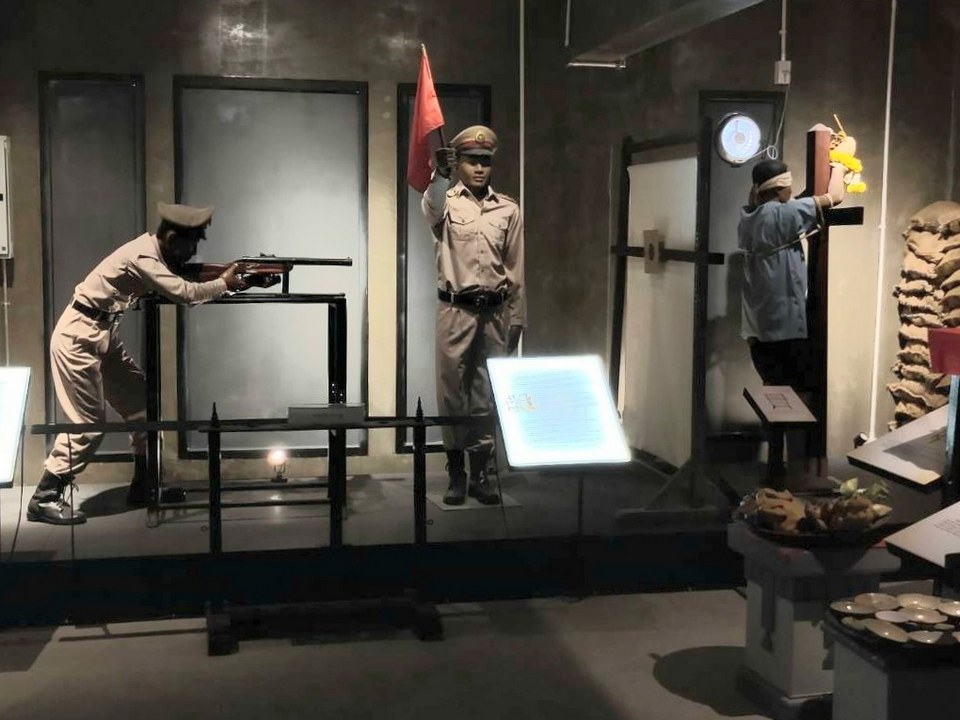
The Thai Cabinet has voted to retain the death penalty after consulting with the courts of justice. The decision comes after the National Human Rights Commission and Amnesty International had long campaigned for an end to judicial executions here. Public opinion polls have consistently shown that the vast majority of Thai people wants to keep the ultimate penalty for crimes such as child murder or vast drugs trafficking.
There are 35 crimes still on the statute book which lawfully merit the death penalty in Thailand, including treason, but no execution has been carried out since 2018. In 2003 the death mode was changed from sub-machine gunfire to fatal injections on a gurney, but only 7 procedures have been carried out in the last 20 years which means Thailand has a “de facto moratorium”, howbeit one which could end anytime.
Of the 10 ASEAN nations, only Cambodia and the Philippines have formally abolished the death penalty, although Laos and Brunei have not performed an execution for decades. Thailand’s most famous career executioner Chavoret Jaruboon, who killed 55 prisoners by gunfire up to 2003, wrote a memoir in retirement about his conversion to an abolitionist position. Looking back, he argued that judicial executions never deterred other criminals and were only acts of revenge.
There has been virtually no debate in Thailand about the ethics of lethal injection. The method was primarily introduced worldwide as a humane procedure, but has been described by opponents as cruel and unusual. There have been instances in the USA of individuals being injected with cardiac arrest-inducing agents while still conscious, leading to allegations of “torture”. Supporters say there is no less cruel alternative quoting slow strangulation in bungled hangings and the failure by shooting to kill in the first volley.










